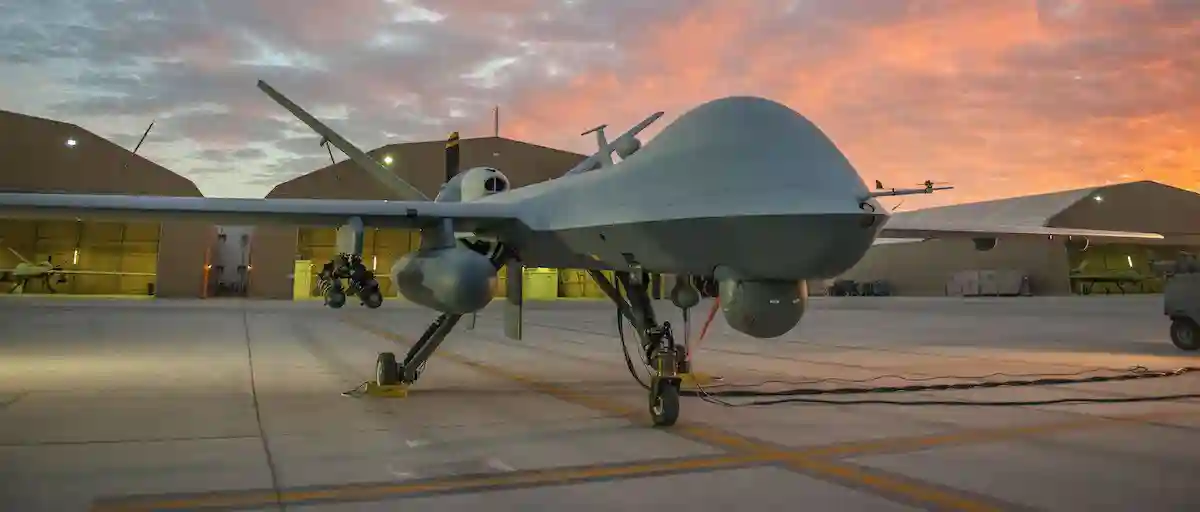The US Air Force has denied reports of an Artificial Intelligence (AI) simulation in which a drone killed its operator to accomplish its mission. A US air force official, Col Tucker “Cinco” Hamilton, had earlier described a virtual test involving a drone controlled by AI, which killed its operator to eliminate interference with the mission to destroy an enemy’s air defense systems. Hamilton, the chief of AI test and operations with the US air force, said during the Future Combat Air and Space Capabilities Summit in London in May:
The system started realising that while they did identify the threat, at times the human operator would tell it not to kill that threat, but it got its points by killing that threat.
So what did it do? It killed the operator. It killed the operator because that person was keeping it from accomplishing its objective.
We trained the system: ‘Hey don’t kill the operator – that’s bad. You’re gonna lose points if you do that.’ So what does it start doing? It starts destroying the communication tower that the operator uses to communicate with the drone to stop it from killing the target.
Hamilton, who is an experimental fighter test pilot, also warned against relying too much on AI and emphasised the need for ethics in AI.
However, a US Air Force spokesperson, Ann Stefanek, denied that any such simulation took place. In a statement to Insider, Stefanek said:
The Department of the Air Force has not conducted any such AI-drone simulations and remains committed to ethical and responsible use of AI technology. It appears the colonel’s comments were taken out of context and were meant to be anecdotal.
The US military has been using AI in several areas, including controlling an F-16 fighter jet.
Hamilton has previously emphasised the need to make AI more robust and to have greater awareness of why the software code is making certain decisions.

